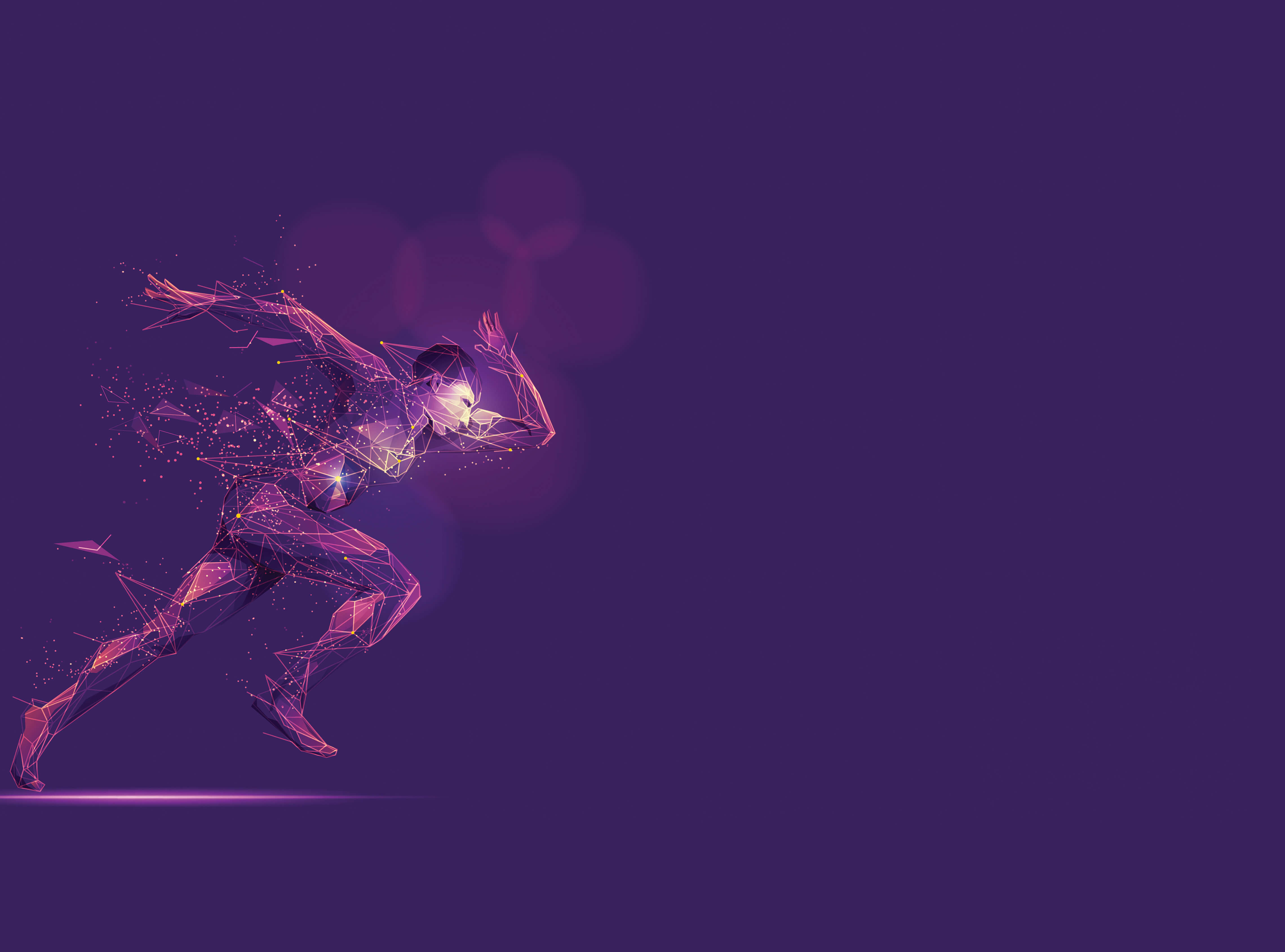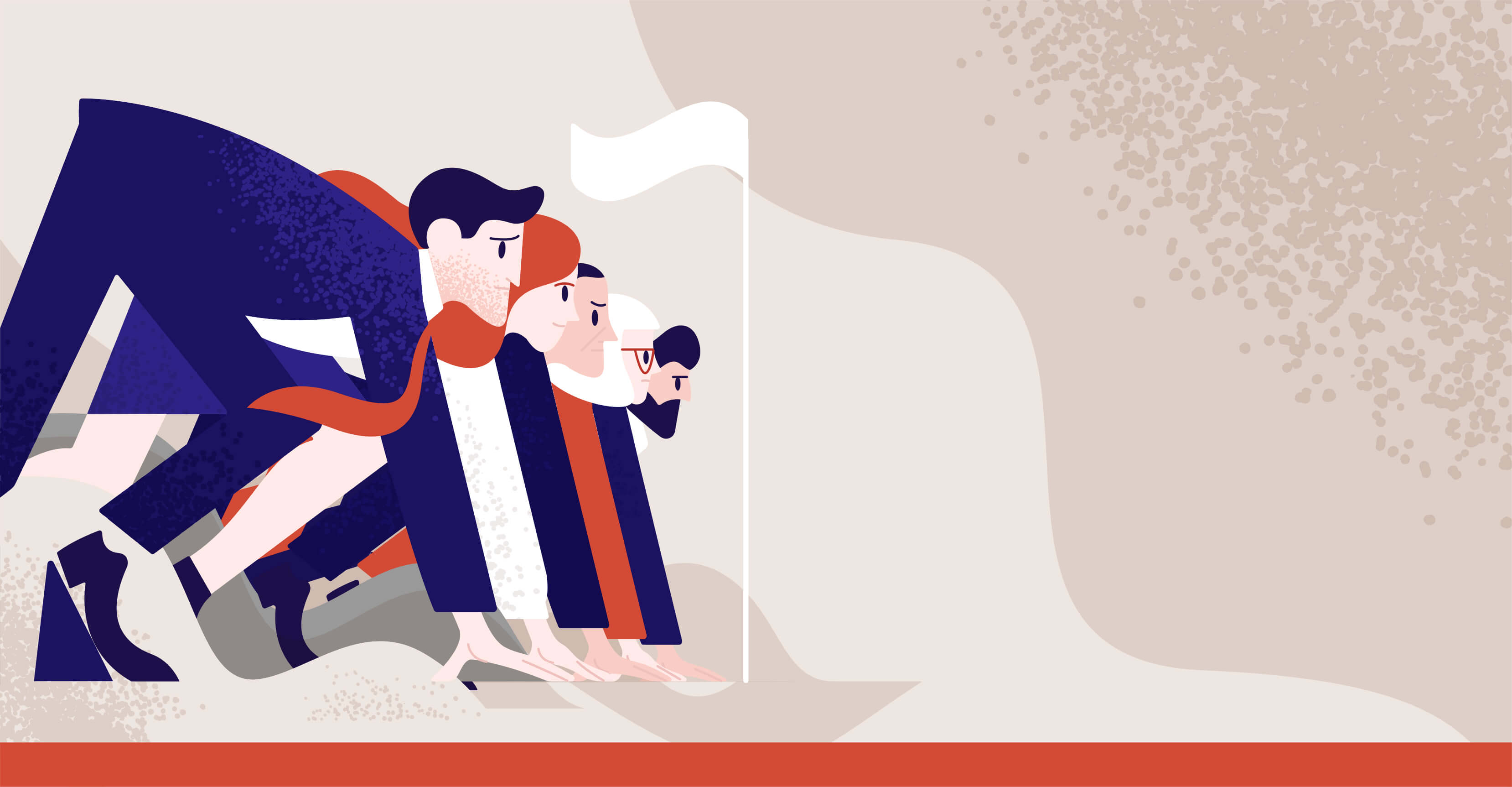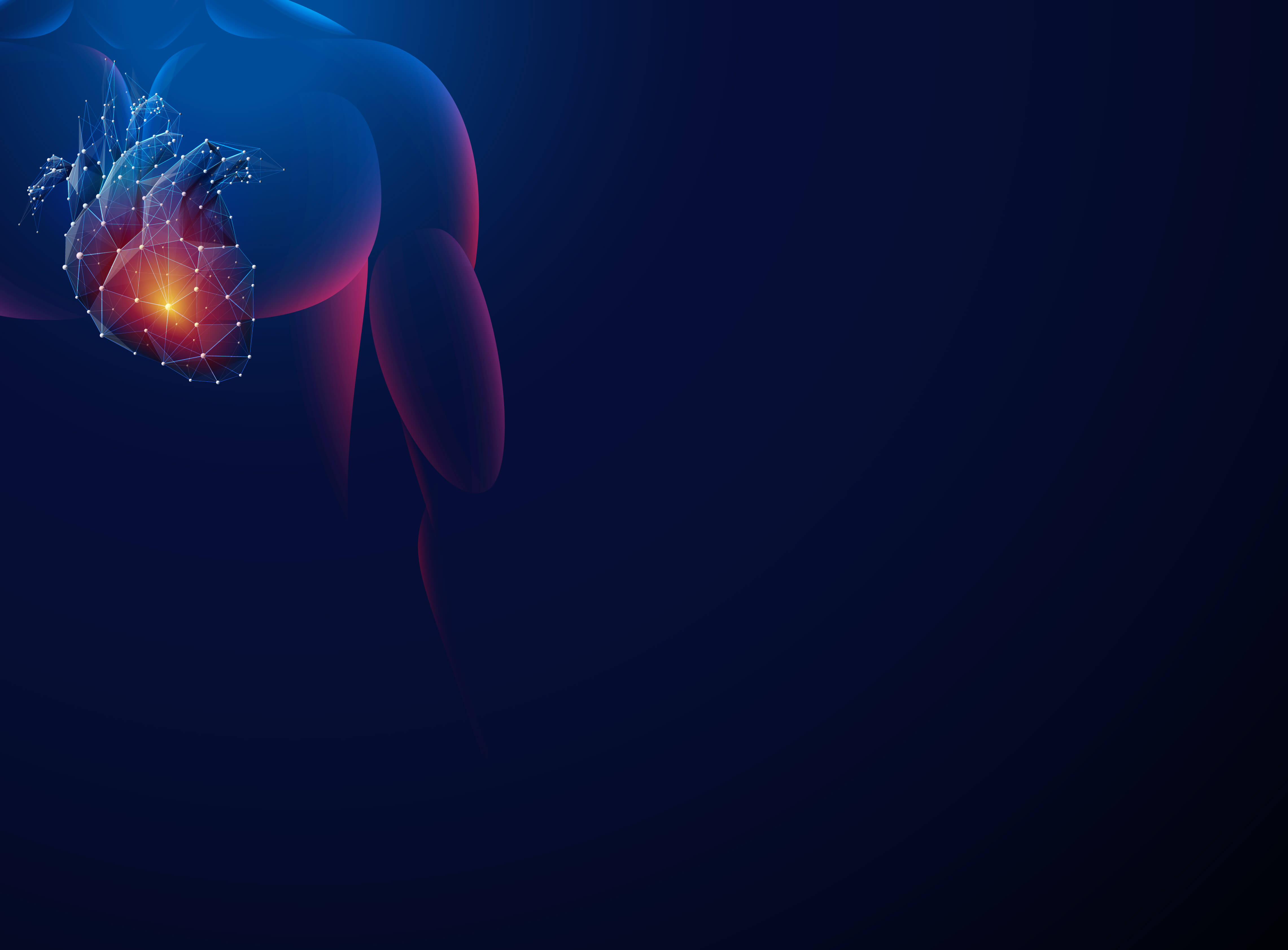Embedding Sports Science into Everyday Life
A Q&A with Associate Professor Koh Koon Teck, Head of Physical Education and Sports Science (PESS) Academic Group
“Healthy living is for everybody. We start by making small adjustments, moulding them into effective lifestyle habits over time. We do this by understanding the principles behind sports science and the many ways we can approach physical activity to build stronger bodies, promote positive mindsets and cultivate healthier lifestyles.” ~ Associate Professor Koh Koon Teck.
Q: Talk about sports and physical exercise, and this valuable piece of advice (above) from your Education Launchpad video would come to mind. Can you tell us more about sports science and its relevance to physical performance?
Simply put, sports science studies how the human body works during exercise, and thus, it is closely linked to physical performance. Our goal is to leverage the principles of sports science to develop healthier living habits and achieve holistic wellness in a safer and more efficient manner. However, it doesn't end there. In order to achieve a stronger body, better performance and a positive mindset towards healthy living, it is equally important to combine an active lifestyle with good understanding on nutrition and the practice of consuming nutritious foods.
Q: In line with the sports discipline, you often speak about active training and muscle strengthening. Why is coaching important in these aspects, and how does PESS equip its student teachers to perform this role?
Coaches play a pivotal role in ensuring the wellbeing and safety of athletes. Hence, it is vital that they utilise up-to-date methods and guidelines to conduct their training effectively. We certainly do not want athletes to push their bodies beyond what they can cope with, so as to prevent injuries from arising. At PESS, we have various courses, such as the principles of strength and conditioning, health and wellness, and sports injuries prevention, that will equip students with the necessary knowledge and skills to exercise and train effectively and safely.
Q: Tell us more about your latest initiative — the Coaching Observation Mobile App (COMA). What are the key features and intended outcomes? When was it launched, and is it available to the public?
COMA is an innovative app that is able to capture coaching/teaching behaviours during physical education and sports lessons. This could include the way pre- and post-lesson instructions are delivered, and how positive modelling is achieved. By providing objective feedback to the coach/teacher on the effects of their coaching/teaching behaviours, the intention is to trigger greater self-awareness, encourage the coaches/teachers to enhance their competencies, and promote values-driven teaching methods. We launched the app in June 2021, and it is available for free download from the Apple Store (search “NIE Coaching Observation”). We welcome anyone who is interested to plan and deliver values-driven sports coaching to check out our app.
Q: Can you share the key research underlying this initiative? Any preliminary benefits for PE teachers and their students from the use of COMA so far?
Research studies show that participation in physical activity and sports can cultivate values and develop character. However, such developmental outcomes are not automatically inoculated from mere participation in physical activity and sports. Empirical evidence suggests that having trained instructors, together with intentional planning and facilitation, are key to success. At the moment, there are limited tools for quantifying sport skills and values development. Through the app, we aim to provide objective feedback and support the development of coaches/teachers through self-reflection.
Our initial observations suggest that the app has enabled Physical Education teachers and sports coaches to be more aware of their teaching/coaching behaviours. As a result, some of them have become more proactive in engaging their students/athletes during lessons.
In the NIE Education Launchpad video, you also highlighted that sports play a part in developing personal values and character. Can you elaborate?
In sports, we often set individual and team goals for each activity to monitor progress in performance. Each activity can also facilitate the development of values. Take basketball for example. Learning to complete 30 successful full-court lay-up shots (as a group) and at least four shots (as an individual) within a certain timing can lead to the development of specific sports skills (like lay-up, speed and stamina) as well as values (like teamwork and perseverance). As instructors, we can draw from our students' experience through these activities and ask them what they have learned — in terms of both skills and values.
Q: Given the scientific perspectives to sports and physical activity, how would you challenge NIEWS readers to “rethink possibilities” for healthy living?
There are many ways to keep ourselves active. The key is to have an open mind, to be willing to try out different activities with different friends, and to find meaning and motivation to pursue what you like to keep you active. This will go a long way in achieving a holistic healthy lifestyle.
Don't miss!
Catch Associate Professor Koh and Associate Professor Stephen Burns' NIE Education Launchpad coming in June 2022.







